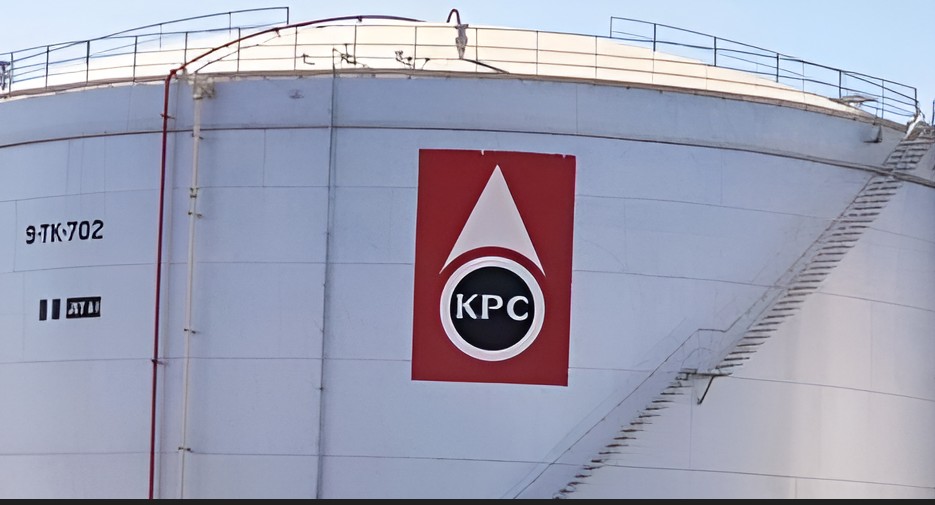MPs question KPC privatisation plan, raise alarm over transparency, job losses

MPs expressed concern that public participation on the plan has not been adequately conducted, leaving many Kenyans unaware of the potential implications of selling the key national asset.
Questions have emerged over the government’s plan to privatise the Kenya Pipeline Company (KPC), with Members of Parliament raising concerns over transparency and the valuation process of the state-owned firm.
The Joint Committee on Energy and the Committee on Public Debt and Privatisation expressed concern that public participation on the plan has not been adequately conducted, leaving many Kenyans unaware of the potential implications of selling the key national asset.
More To Read
- Committee calls for unified legal framework for commercial state-owned enterprises
- Petition filed to stop implementation of Privatisation Act 2025
- Maraga vows to sack loss-making parastatal chiefs if elected President
- National Assembly approves Privatisation Bill to overhaul state corporations
- Privatisation Commission issues notice for sale of Kenya Pipeline shares
- Parliament approves plan to use KPC sale proceeds to settle liabilities, compensation claims
According to the committees, the process has lacked openness, with critical information such as the company’s valuation yet to be shared publicly.
The Committee, co-chaired by Nakuru Town East MP David Gikaria and Balambala MP Abdi Shurie, are at the forefront of examining the privatisation proposal.
Under the plan, the National Treasury intends to retain a 35 per cent stake in KPC while offering 65 per cent of the shares to the public through the Nairobi Securities Exchange.
Members of the National Assembly’s Energy Committee voiced doubts over the decision to sell a majority stake in the strategic company, describing KPC as a critical national asset.
The MPs accused the Treasury of running an opaque process, highlighting that the committee has yet to receive the company’s valuation report.
“You cannot sell something that you do not even know its value,” Wajir East MP Aden Daudi said, emphasising the need for a thorough valuation of KPC and its assets to be made public to establish the true worth of the company.
The MPs also raised concerns over the future of KPC employees, fearing that privatisation might lead to restructuring and job losses.
In response, Energy Cabinet Secretary Opiyo Wandayi assured legislators that employee welfare is protected under existing legal frameworks.
“We do not foresee any job losses or any restructuring to the current job structures at KPC,” Wandayi said.
However, Gem MP Elisha Odhiambo challenged the assurance, stating that many KPC staff are anxious about the proposed changes but reluctant to speak out due to fear of victimisation.
“Most KPC employees are afraid to speak openly, but the true position is that they are distressed by the proposal,” he said.
The committee is expected to meet again with the Treasury and the Office of the Attorney General on Wednesday, August 13, before making final recommendations on the privatisation plan.
Treasury Cabinet Secretary John Mbadi has defended the government’s intention to sell a portion of the Company, arguing that it offers a way to generate funds without increasing taxes on Kenyans.
The move, detailed in Sessional Paper No. 2 of 2025, aims to raise around Sh100 billion to support the budget and avoid delays in vital development projects.
“Raising taxes at this point is not an option. Privatisation will give us fiscal space while avoiding more burdens on taxpayers,” he said.
Mbadi assured that the Treasury has started reforms such as e-procurement and stronger accountability rules to reduce wasteful spending.
“These measures will go a long way in reducing unnecessary expenditure across government operations,” he said.
Top Stories Today














































